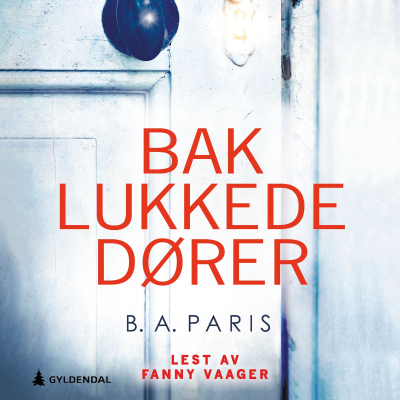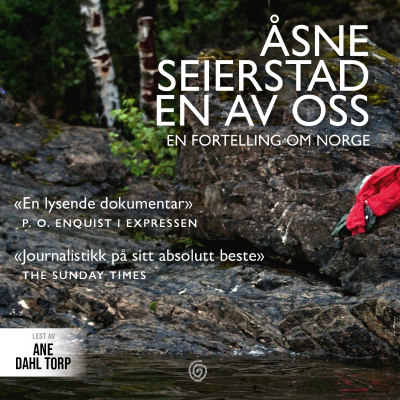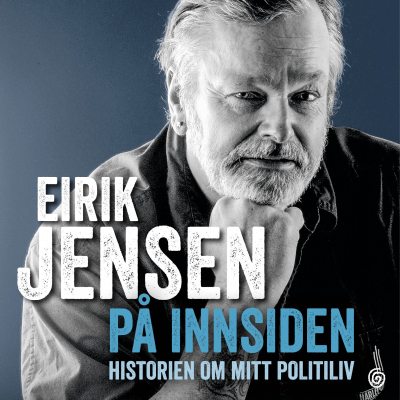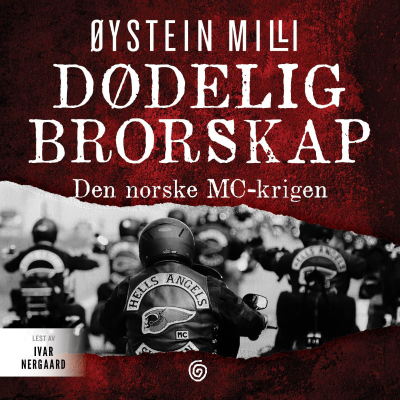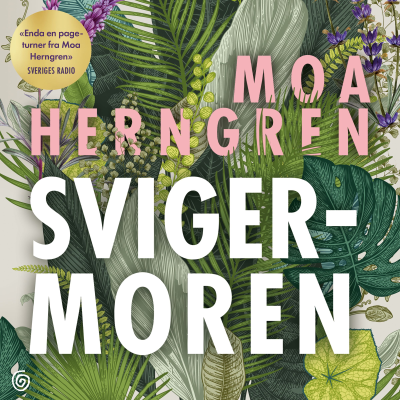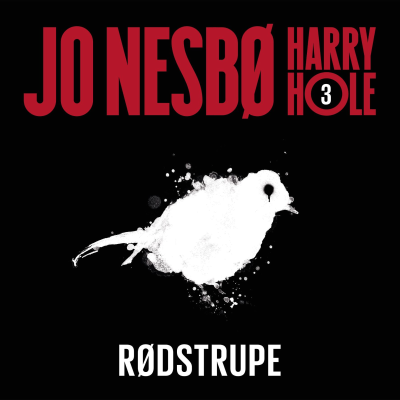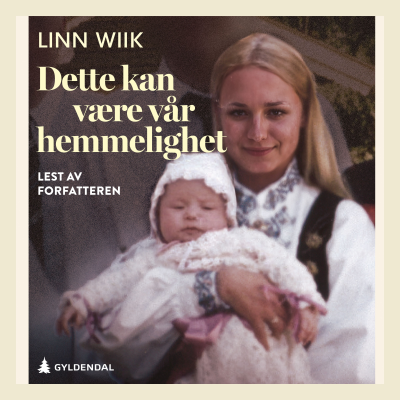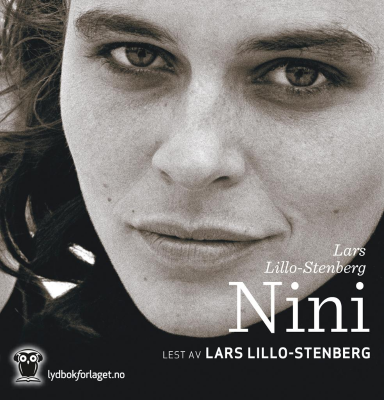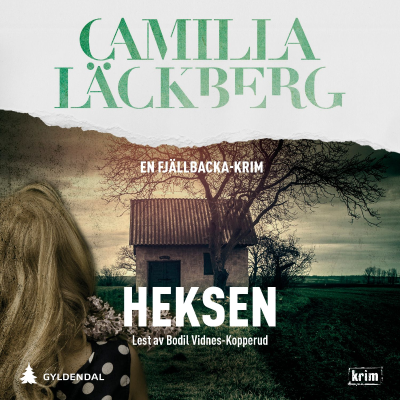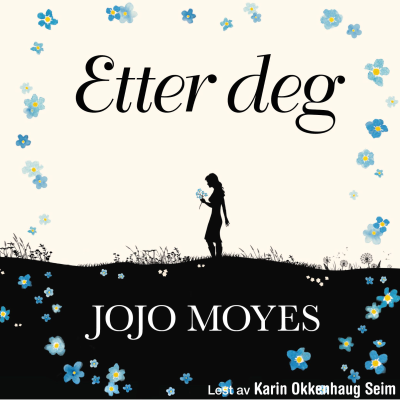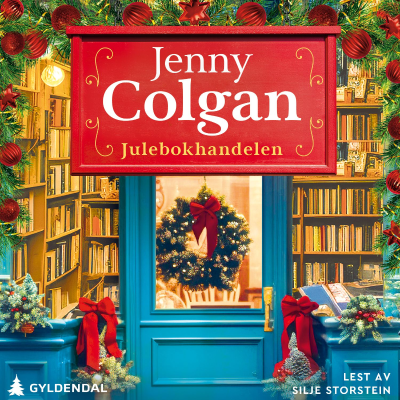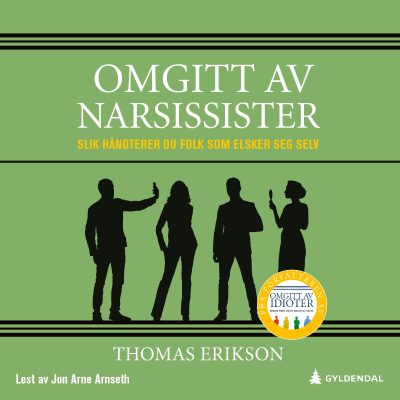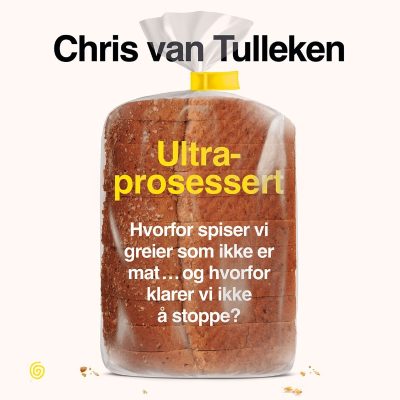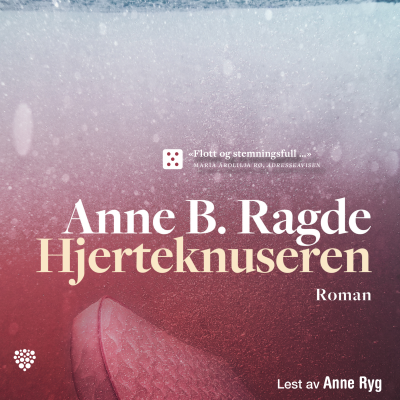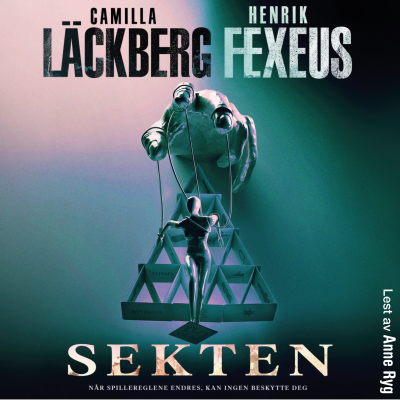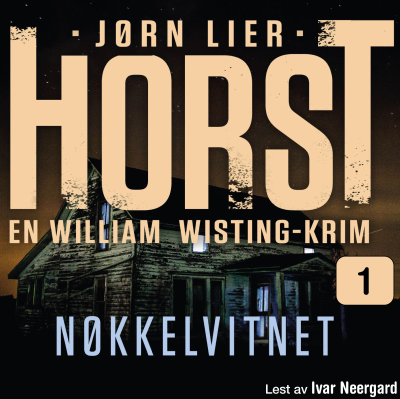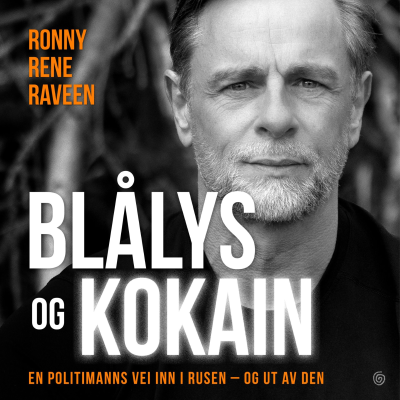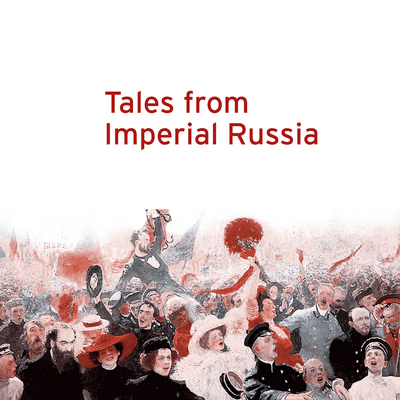
Tales from Imperial Russia
engelsk
Historie & religion
Prøv gratis i 14 dager
99 kr / Måned etter prøveperioden.Avslutt når som helst.
- 20 timer lydbøker i måneden
- Eksklusive podkaster
- Gratis podkaster
Les mer Tales from Imperial Russia
Tales from Imperial Russia is a fortnightly podcast narrating ordinary and extraordinary lives from the Russian Empire. In episodes about 10-20 minutes long, we will avoid the oft-retold stories of emperors and battles to focus on the mostly forgotten lives of individuals from an amazing array of locales, peoples, and circumstances. This podcast is written and performed by Dr James White, a professional historian at Ural Federal University (Ekaterinburg) and the University of Tartu. For my academic articles, please see: https://urfu.academia.edu/JamesWhite
Alle episoder
15 EpisoderEpisode 15: The Afterlife of a Tsar. The Tale of Fedor Kuzmich
In this episode, we look at the story of the oddly refined peasant wanderer Fedor Kuzmich, who was claimed by many to be the dead tsar Alexander I. The myth and its staying power are rooted in several sources, not least the peculiar circumstances of the emperor's death and popular conceptions of monarchy. Source M. P. Rey, Alexander I: The Tsar Who Defeated Napoleon (trans. S. Emanuel. DeKalb: NIU Press, 2016)
Episode 14: Of Scots, Steam, and Gold. The Tale of Joseph Major
On Easter morning 1831, Joseph Major was murdered in his Urals home. A Scottish engineer, he had lived for 26 years in the gateway to Siberia, producing that most modern of devices, the steam engine, for a variety of Russian enterprises. In this episode, I talk about how foreign technology, Russian ingenuity, and massive industrial colonization created the conditions in which Major lived and worked. Sources: F. B. Bondarenko, V. P. Mikitiuk, V. A. Shkerin, Britanskie mekhaniki v predprinimateli na Urale v XIX – nachale XX v. (Ekaterinburg: Bank kul’turnoi informatsii, 2009) E. Tarakanova, ‘Karl Gaskoin i russkie pushki’, Sever, nos. 4, 5, 6 (2001): 96-114; 165—177; 187-201 E. S. Tarakanova, ‘Poiavlenie i rasprostranenie parovykh mashin v Rossii. Osnovye etapy i osobennosti etogo protsessa’, Polzunovskii al’manakh, no. (2004), 178-186 A. Keller, ‘“Raison d’etat” i “chastnyi interes” v Rossii kontsa XVIII v. – nachala XIX v.: na primere A. Knaufa v gornozavodskoi promyshlennosti Urala, 1797-1833 gg’, Bylye gody, vol. 37, no. 3 (2015), 508-518 A. Cross, ‘By the Banks of the Neva’: Chapters from the Lives and Careers of the British in Eighteenth-Century Russia (Cambridge: Cambridge University Press, 1997) M. R. Hill, ‘Russian Iron Production in the Eighteenth Century’, Icon, vol. 12 (2006), 118-167 P. Dukes, A History of the Urals: Russia’s Crucible from Early Empire to the Post-Soviet Era (London: Bloomsburg Academic, 2015)
Episode 13: The Apostle of Vegetarianism. The Tale of Jenny Schulz
From the 1890s, the Russian Empire saw an outburst of interest in vegetarianism, especially since it was being propounded by famous figures like the novelist Leo Tolstoi and the painter Il'ia Repin. In this episode, I talk about the spread of vegetarianism, the opening of new vegetarian eateries, splits within the movement, and its external opponents. Sources for information and quotes: J. Malitska, ‘Mediated Vegetarianism: The Periodical Press and New Associations in the Late Russian Empire’, Media History (2021) (Early Access) J. Malitska, ‘The Peripheries of Omnivorousness: Vegetarian Canteens and Social Activism in the Early Twentieth-Century Russian Empire’, Global Food History, vol. 7, no. 2 (2021): 140-175 J. Malitska, ‘Meat and the City in the Late Russian Empire: Dietary Reform and Vegetarian Activism in Odessa, 1890s-1910s’, Baltic Worlds, no. 2–3 (2020): 4–24. R. D. LeBlanc, ‘Vegetarianism in Russia: The Tolstoy(an) Legacy’, The Carl Beck Papers in Russian & East European Studies. no. 1507 (2001), pp. 1-39 P. Brang, Rossiia neizvestnaia. Istoriia kul’tury vegeterianskikh obrazov zhizni ot nachala do nashikh dnei (Moscow: Iazyki slavianskoi kul’tury, 2006)
Episode 12: The First Rasputin. The Tale of Fotii (Spasskii)
As is well known, Grigorii Rasputin wielded a considerable and scandalous level of influence over Tsar Nicholas II. What is less well known is that this was not the first time that a holy man managed to worm his way into the good graces of an emperor and create destructive consequences. This episode follows the life and career of Fotii (Spasskii), a monk who was able to persuade Tsar Alexander I to turn against one of his oldest and closest friends. Sources: J. L. Wieczynski, ‘Apostle of Obscurantism: the Archimandrite Photius of Russia (1792-1838)’, Journal of Ecclesiastical History, vol. XXII, no.4 (1971), pp. 319-331. A. V. Ivanov, A Spiritual Revolution: The Impact of Reformation and Enlightenment in Orthodox Russia, 1700-1825 (Madison: University of Wisconsin Press, 2020).
Episode 11: The Great Fair of Nizhnii Novgorod. The Tale of Avgustin Betankur
In 1817, Agustín José Pedro del Carmen Domingo de Candelaria de Betancourt y Molina (known in Russian as Avgustin Betankur) surveyed the site of one of his most important engineering projects, the future Nizhnii Novgorod Trade Fair. In this episode, we move from Betankur's impressive architectural designs to daily life at the fair, tracing the ribaldry, revelry, and rampuctiousness that made this fair one of the marvels of the Russian Empire. Source: A. Lincoln Fitzpatrick, The Great Russian Fair: Nizhnii Novgorod, 1840-90 (New York: Palgrave Macmillan, 1990).
Velg abonnementet ditt
Premium
20 timer lydbøker
Eksklusive podkaster
Gratis podkaster
Avslutt når som helst
Prøv gratis i 14 dager
Deretter 99 kr / month
Premium Plus
100 timer lydbøker
Eksklusive podkaster
Gratis podkaster
Avslutt når som helst
Prøv gratis i 14 dager
Deretter 169 kr / month
Prøv gratis i 14 dager. 99 kr / Måned etter prøveperioden. Avslutt når som helst.














